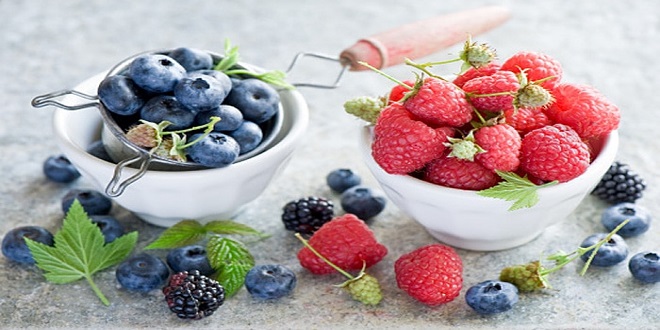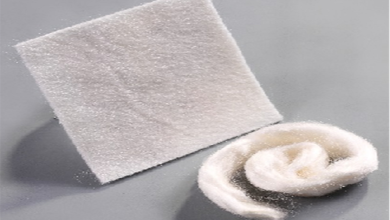
Have you kissed a scientist today? Well, perhaps you should; they have discovered that açai can also prevent inflammation. Açai has been found to inhibit the inflammatory enzymes called COX-1 and COX-2, which play a role in both acute and chronic inflammation. These enzymes may seem familiar, as they are targeted by common pharmaceuticals through non-steroidal anti-inflammatory drugs (NSAIDs).
Inflammation in the skin caused by damage, such as ultraviolet radiation, can release free radical chemicals into the skin, leading to wrinkles and an inability to fix them. By inhibiting inflammation, you can enjoy healthier, younger, and more radiant skin. Perhaps more importantly, if food can help reduce inflammation on a daily basis, you can reduce skin damage and, potentially, the formation of wrinkles. You may even allow your skin the time and resources it needs to repair existing wrinkles.
Oily to the touch, açai is particularly rich in fatty acids and contains high levels of monounsaturated fatty acids. Commonly referred to as plant fats, these fatty acids are known to support healthy cell membranes, which make your skin more resilient to poking and prodding and potentially reduce skin damage and wrinkle formation. Açai also contains polyunsaturated fatty acids thought to be beneficial to the skin by enhancing skin cell structure and discouraging inflammation.
Fiber-Filled to Fight Toxins
Açai, particularly in powder form, is an excellent source of fiber. A 100-gram serving of the powder provides adults with their total daily recommended allowance. Why is fiber good for your skin? Because it ensures that your colon is functioning optimally and eliminating toxins from your body. Toxins can adversely affect your overall health and the health of your skin. In your skin cells, they can cause damage and divert skin-repairing energy away from wrinkle prevention to toxin repair
Stay Close to the Source
Unfortunately, açai fruit deteriorates rapidly after harvest, so it is only available as fresh produce in the tropical areas where it is locally grown. North Americans will have to settle for processed versions of the fruit, available at most gourmet shops and health-food stores. You can find açai in purée form, juice blends, smoothies, sorbets, and other products. It can also be frozen, dried, or freeze-dried, allowing it to be consumed in a wide variety of foods.
Helps Tighten and Firm the Skin
Why is vitamin C helps in the fight against wrinkle formation? Because your skin requires vitamin C to make collagen, which is one of the skin’s main structural components. When collagen is lost, weakened, or disorganized, the skin loses its shape, and wrinkles form.
Natural events in your daily life including exposure to sunlight, chemicals in cosmetics and the environment, and making repeated facial expressions result in damage to collagen, so your skin must constantly rebuild it. Acerola offers your skin all of the vitamin C it needs to make sure that collagen formation is happening quickly and, thus, that no wrinkles are forming.
Vitamin C is also a powerful antioxidant that helps your skin neutralize the unstable molecules, or free radicals, that form in your skin due to damage from chemicals, sunlight, and inflammation. Free radicals weaken the skin, so neutralizing them helps prevent wrinkle formation. It also helps regenerate and restore used vitamin E, another wrinkle-fighting antioxidant.
Many Soldiers to Fight the Wrinkle War
In addition to vitamin C, acerola also contains vitamin A, thiamin, riboflavin, and niacin, which help in the battle against wrinkles. Vitamin A is a fat-soluble antioxidant, which can help prevent skin damage that can lead to wrinkles.
Thiamin, riboflavin, and niacin are B vitamins that are essential for proper metabolism, and your skin is one of the most metabolically active tissues in your body. Its cells rapidly divide to maintain a strong barrier between the outside world and your internal organs. To sustain the energy required to produce new skin cells, your skin needs a healthy supply of B vitamins, which also support the skin in repairing damaged cells, making the skin healthier and stronger, and reducing the signs of wrinkles





